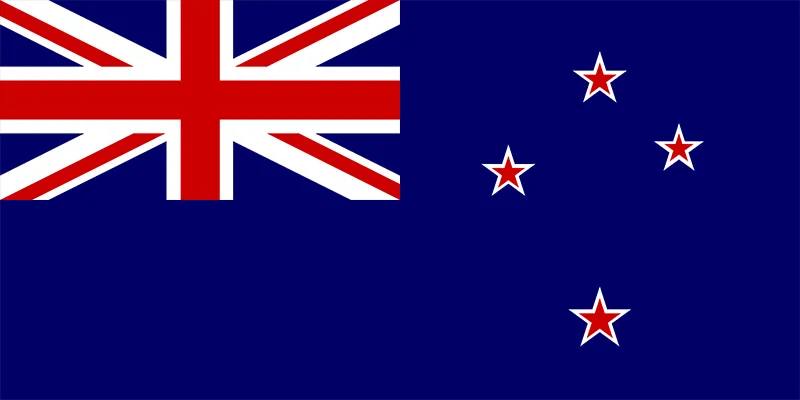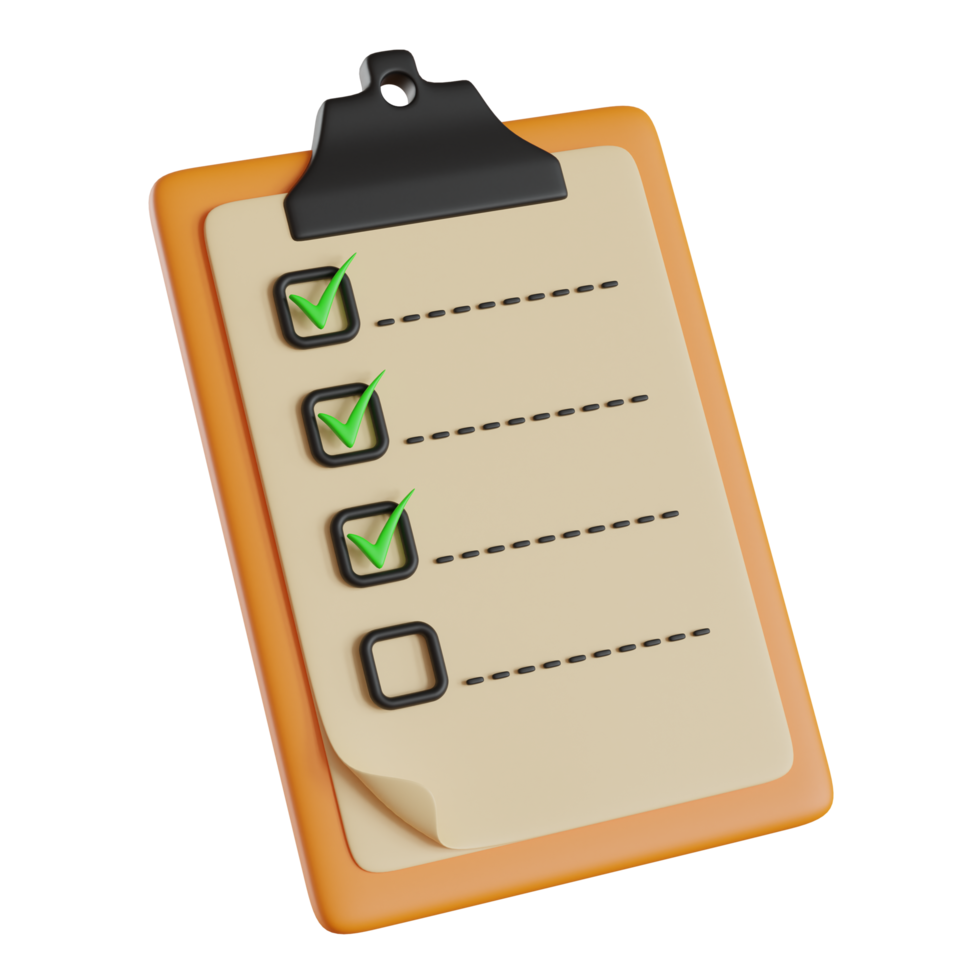
New Zealand
Get Admission in Top New Zealand Universities
New Zealand is a lovely island country in the southwest Pacific Ocean that consists of two islands: the North Island and the South Island.Learn about the education system, Top Universities, Courses, Fees, visas and Much more in New Zealand
Why Study in New Zealand ?
New Zealand is an island country in the southwestern Pacific Ocean. The country has two main land masses—the North Island and the South Island—and around 600 smaller islands. It has a total land area of 268,000 square kilometres. A developed country, New Zealand ranks highly in international comparisons of national performance, such as quality of life, health, education, protection of civil liberties, and economic freedom.
Facts

Capital
Wellington
Population
5.1 Million
Language
English, Maori
International Students
61,240
GDP
$ 201 Billion
Dialing Code
+64
Currency
New Zealand Dollar
Universities and Colleges
226
Average Salary per annum
NZD 78,803
Global Employability Ranking
1

Our Commitment to New Zealand Agent Quality Framework
Reflects our Student-First approach
Top Universities to Study in New Zealand ?
New Zealand is renowned for having the words top, not universities. Eight universities in New Zealand have an international reputation for providing a top-notch education.
- The University of Auckland
- University of Otago
- Victoria University of Wellington
- University of Canterbury
- Massey University
- University of Waikato
- Lincoln University
- Auckland University of Technology
Admission Requirements for New Zealand Study Abroad
Here are the major requirements to study in New Zealand, which you need to ensure while applying to a New Zealand university:
- Copy of a valid passport
- Proof of English proficiency (TOEFL/IELTS/PTE test scores)
- Higher secondary score for UG Program, GRE/GMAT for PG programs
- Academic Transcripts from the previous study
- Minimum academic record of 65% and above in Class XII will be required
- Academic Reference Letters, the number of reference letters depends from university to university
- Letters of recommendation from the employer/manager (if applicable)
- CV/Resume
- Essays (if demanded by the university)
- Portfolio (for specific courses)
- Statement of Purpose (SOP)
- Certificates of extracurricular activities
- Evidence of funds
- Medical insurance

Wondering if New Zealand is the right choice for you?
Let our experts guide you in your study abroad journey
Highlights
Visa Approval Rate
75%Most Preferred Intake
September IntakeMinimum IELTS Score
6.0Minimum TOEFL (iBT) Score
80Approximate Annual Study Cost
INR 25LApproximate Monthly Cost of Living
INR 3L

Save the effort, let us do the hard work
Talk to our experts now and
get all the answers you need
free of charge
Application Process for Studying in New Zealand
Education System in New Zealand
Variety of courses available in New Zealand

Academic Calendar to study in New Zealand
Top Programs to Study in New Zealand ?
Cost of Living and Studying in the New Zealand
Monthly Expenses of Staying in The New Zealand
Yearly Fees for Studying in The New Zealand


Not sure which university is the best for you?
Get the best universities shortlisted that match
with your goals
Post Study Work Visa

Get personalized advice to make your SOP stand out
Visa Requirements
Scholarships in the New Zealand

















